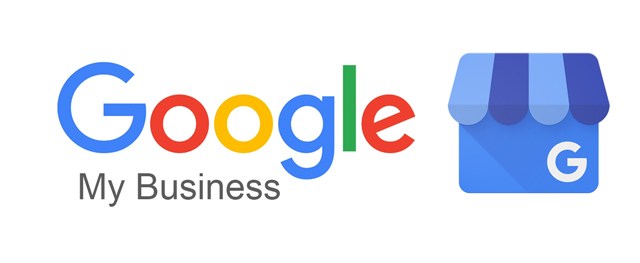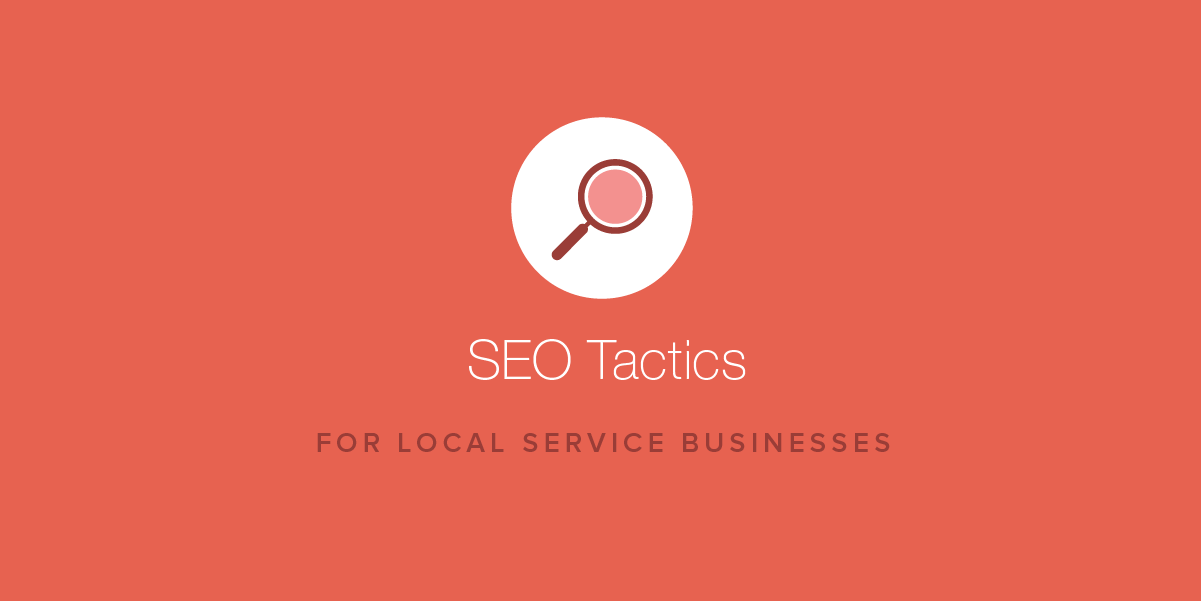5 Advanced SEO Tactics for Local Service Businesses
- August 25, 2019
- By: Vonigo
This article about SEO tactics for home services business is by David Pagotto, Founder and Managing Director of SIXGUN.

The basic SEO tactics for local service businesses are well-known – architecture, keywords, content and backlinks.
But if you want to get the edge over your competition locally, then you need to pay closer attention to the details from the perspective of local service businesses.
Get Google My Business Working for Your Local Service Business
A 2016 study revealed that less than half of all local service businesses claim their Google My Business (GMB) listing. Of those that do, many simply complete the bare minimum and never think about it again. Google accounts for approximately 94 percent of searches on the web. That’s a margin of domination so overwhelming that if you don’t optimize your GMB listing, you are missing out on traffic, sales, money, and growth.
Creating your GMB listing is relatively easy but you will want to spend the time getting it right. It offers almost 2500 different categories to correctly capture the nature of your business, which you can think carefully about and use to support your keyword strategy. A local service business needs to target customers accurately. Adding additional details such as the exact services you offer, photos, a description of your business, and service areas allows you to be specific about your local service business in a way the broader categories are not.
Google My Business also has built-in tools to help you track the customer journey. It can tell you the ways customers are finding your business and viewing your listing the most – maps or search. It offers insight into the actions users take when they see your listing and a range of other metrics. Your GMB listing enables you to monitor the data and make adjustments to the portrayal of your business and track the results.

NAP Consistency Is an Essential Part of Your Ranking Profile
A vital component of your GMB listing, and anywhere online or offline your details appear, is your NAP: your name, address and phone number. Inconsistent NAP is a common problem, as revealed by a 2014 study into ranking factors and visitor behavior. Search engine rankings are, to some degree, a reflection of user behavior. If your NAP isn’t the same everywhere, then your SEO results will show the same reluctance towards your brand. When in doubt, avoid confusing potential customers.
Use exactly the same information, in exactly the same order, everywhere your NAP is listed. Local directories, your website, Facebook, Twitter, LinkedIn, Instagram and anywhere you can control it. Your brand images need to be seamless and easily understood as being the same company.
For example, if this is your address on your website:
Metropolitan Movers
U1 100 The Street
The City 3000, NY
Then this is how it should look everywhere.
That means:
- Always Metropolitan Movers – never Metro Movers or Metro Moving
- Keep it consistently listed as U1 – never Unit or 1/100
- Always NY – never New York, NYC, or NEW YORK
Consistency is important in today’s digital marketing world as it always was in the traditional one. Some of the methods are different but the aim is still the same – building trust and credibility with your audience.

Using HARO (Help A Reporter Out) for Stronger Backlinks
At its essence, HARO connects journalists with sources to write upcoming stories. HARO can get you highly qualified, relevant, and often locally-based backlinks. It can broadcast your expertise to a wider audience. It can position you as an expert.
Once you have registered as a source for HARO, you will need to monitor opportunities that come in. If you spot an unfolding story that is relevant, you will have to pitch your expertise. You will need to answer the journalist’s questions and include a bio about why you are the best source for their requirements.
The better your pitch, the higher the likelihood it will be chosen as a quotable source. Be clear, answer the questions directly and concisely, and take the time to write your responses professionally, for publication. Journalists are busy. If they can just take your phrasing without editing or correcting, then it will increase your chances of being selected. Remember that you won’t be the only person pitching. You probably won’t be the only person chosen, so make sure yours is the path of least resistance.

Optimize Locally for All Your Local Service Business Locations
A mistake large businesses often make is not focussing on their secondary locations enough. Your head office or centralized online booking may coordinate the business as a whole but for a person who wants your services, there is probably a better place for them to visit.
Your locations can be much more than just a list of addresses on a single page. You can optimize your content for every specific location to create multiple local presences. Set up location-specific pages to attract customers from your local service business area. Include your location and any work you have completed in that area. Apply your local SEO efforts to the right geographic regions. Don’t waste effort and money targeting consumers outside your local service areas.

Learn How to Use Schema Markup
When you use Google to search these days, you will probably find your answer without ever visiting a business’s website. Google has become so good at using the data from other websites that they created a language to help businesses make the process more efficient. Google is using structured data mark-up code to answer user queries because virtual assistants and voice search are becoming more widely adopted.
Learn to speak this language and you can use the power of local business schema to maintain control of what Google is saying and displaying about your business. If you choose to use Schema Markup, Google will display ‘rich results’ in searches. These elements could be anything from local business information reviews, product information, ratings, local possible user actions and more.
Want to learn about how to grow your local service business with software designed specifically for your needs? Book a free, private demo of Vonigo.



